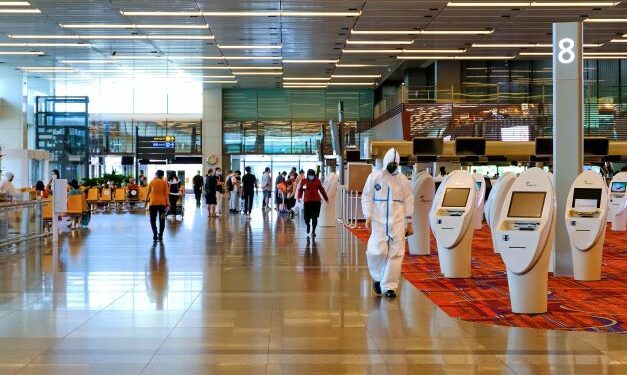Singapore outperforms compared to other Southeast Asian countries with increased vaccine rollouts. The recent report by CPI inflations throws light on the increased prices all over the markets in the previous month. The prices saw a record increase of 0.4% year-over-year, as per the Bureau of Labor Statistics (BLS), and 0.9% over the past month, which is the highest monthly gain since June 2008.
The Federal Reserve has anticipated a significant inflation impact on the economy soon, which will bring a healthy increase in prices. The famous dot plot of the fed reserve has created a lot of pressure for the Southeast Asian currencies yet, Singapore has comparatively succeeded the situation by streamlined progress in curbing the virus that made it cross the other counterparts. Even the new wave of viruses in the country has still been under control in comparison to the other countries all over the world.
Bloomberg’s data compilation suggests the country has successfully vaccinated 45% of the population compared to 3% in the Philippines, 5% in Thailand, 6% in Indonesia, and 13% in Malaysia.
These steps show progress towards easing social distancing rules, economic recovery by reopening of major business sectors. As of Friday, the Singapore dollar strengthened with the inflation figures. As compared to the last year June the core consumer prices have risen 0.9%, and May has recorded 0.8% – this is already pre-pandemic levels.
According to Victorino of the SEB, the Monetary Authority of Singapore may get a signal of hawkishness for its currency-focused policy soon as a result of pricing data and the country’s response to the virus outbreak. The MAS considers the export-dependent economy’s currency to manage the inflation and economic growth against those of its major trading partners without mainly focusing on the interest rates as the other central banks. It aims at a steep appreciation of the Monetary tightening for policy issues for the undisclosed band.
MAS Managing Director Ravi Menon said that Singapore’s economic growth is expected to cross the government’s forecast of 4%-6%. Last week, the country set tight restrictions to stop the virus, which led to a slight drop in the second-quarter gross domestic product data. As per the analysts, the nation will still reach its target even with such restrictions.


















